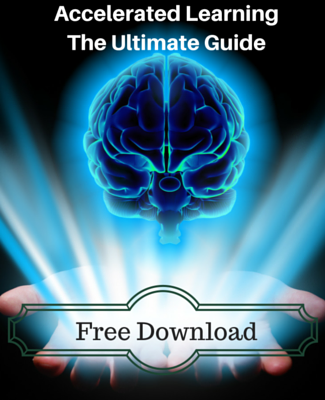A Theory of Everything – Wilber
Anyone who engages these texts will either revolutionize their worldview to a more accurate picture of the universe around us; or at the very least will have his/her worldview fleshed out with most of the major contours that direct our lives.
- Cosmos – Niel DeGrass Tyson or Carl Sagan (TV Show)
- A Theory of Everything – Ken Wilber (Book)
- A Short History of Nearly Everything – Bill Bryson (Audio Book)
- The Great Ideas of Psychology – The Great Courses (Audio Lectures)
- 12 Essential Scientific Concepts – The Great Courses (Audio Lectures)
Why these five pieces of information are so powerful in enhancing our big picture view:
Anyone who hasn’t read, listened to, or watched these four pieces of information should short track them to the top of the reading and watching list. Personally, I would recommend these different works be taken in through different mediums for optimal benefits.
A Theory of Everything by Ken Wilber
If Cosmos doesn’t cover everything, then what could this book possibly add? Well, Wilber has spent the majority of his life trying to reconcile the two major domains of the universe, the objective external universe (that described in Cosmos), and subjective internal reality. And by most accounts, this theory probably casts the most far reaching net that authentically looks to integrate as much knowledge as possible about everything.
This book adds profound and insightful perspective as to what happens within our minds. It discusses psychological development and the ways that our minds change over time. It also presents a model for how events in the external world are directly related to our internal experiences. And lastly it presents this ideas in a cohesive map that can help anyone make more connections between the different areas of their lives.
Limitations – This book goes nicely with the others because it focuses more time on subjective experience rather than external reality. Where it falls a little short is that by focusing more on internal processes than external, it doesn’t give the full attention that the external world deserves. But that’s why it is perfect along side the other books in this short list.
Comments are closed.


